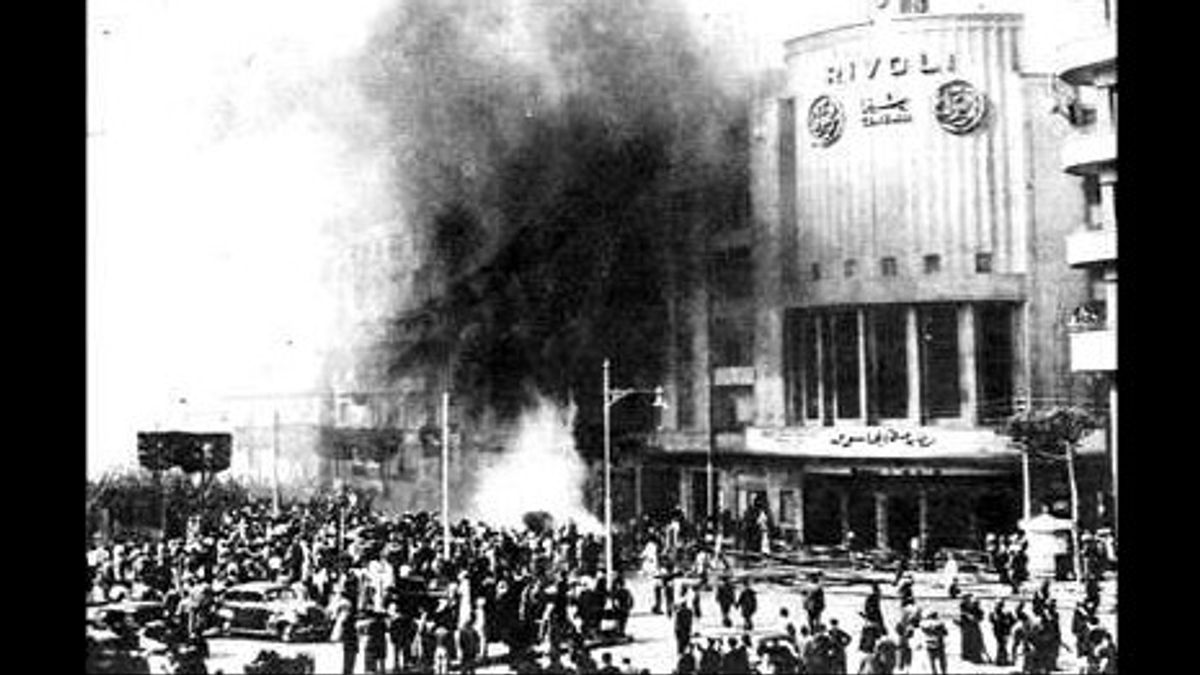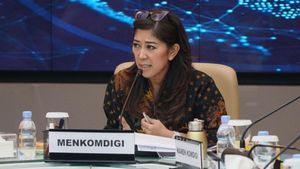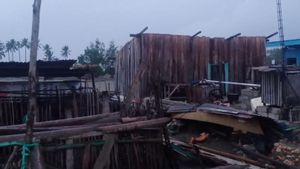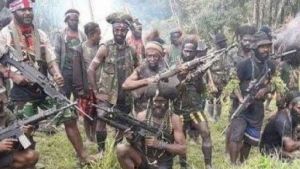JAKARTA - On January 26, 1952, Cairo was devastated by heavy fires and massive looting. In just a few hours, the fire scorched about 700 shops, including cinemas, casinos, hotels, offices and clubs in the streets and squares of downtown Cairo.
Quoting Egypt Today, at that time, guerrilla operations against British troops increased. The outbreak of the guerrilla operation was prompted by the actions of British troops to surround and storm a police station in Ismailia, Egypt. British troops asked police forces to surrender their weapons and withdraw from the area to Cairo.
But Egypt's then Interior Minister, Fouad Serag el-Din, issued an order not to accept the warning and fight until the last bullet. The police then resisted the British army attack. As many as 50 policemen were killed and more than 70 people were injured.
When news of this battle spread in Cairo, a wave of anger swept across the Egyptian nation. From 6 a.m. on January 26, 1952, soldiers from the bloc of the provincial system revolted in their barracks in the Abbasid area. They abstain from their duty to maintain order. During the day, demonstrators from among high school students gathered at Opera Square in central Cairo.
Aviation workers at Almaza Airport, Cairo, also rebelled and refused to provide service to four planes belonging to English Airlines. The revolt was also followed by a regime bloc (police) uprising in the Abbasid barracks in solidarity with their comrades who were killed and captured in Ismailia.

The demonstrators then headed to the university and the students were carried away by the flow of the demonstration. They went to the Prime Minister's building, demanding to sever diplomatic relations with Britain and declare war on them.
But King Farouk rejected the idea of severing ties with Britain. As a result, the demonstrators went to Abdin Palace, this time Al-Azhar students joining them. Crowds of disgruntled protesters gathered against the king, his aides and the British. They were about to occupy the king's palace, but bullets blocked the demonstrators.
The demonstrators then marched into the cabinet building and occupied the building. Meanwhile another group went to occupy the British and American embassies, but the security forces at both embassies prevented them.
During the popular uprising against the British presence, fires began to appear and spread in many areas in central Cairo. Smoke filled the airspace and continued until soldiers entered the city and dispersed the demonstrators.
The mystery of the fire triggerUntil now, the party that started the fire is still unknown. Many believe that Britain was behind the fires. This is because employees of British companies and banks, along with important documents, were evacuated before the fire broke out. The streets were empty and there were no English at all.
Another narrative blames students and demonstrators who protested in front of the Abdin Palace. They are known to have burned and looted Cairo buildings affiliated with the West. The third narration says that the fire came from opponents of King Farouk who wanted to complicate his already tumultuous relationship with Britain.

"But we don't know and we can't know, or rather start the path of knowing, before we start laying our hands on the documents related to whatever happened that day. The Egyptian police must have carried out some form of investigation and there must have been some findings listed in the official documents," historian Khaled Fahmy said, citing Ahram.org.
"Accessing these documents is only the first step to uncovering the true story of a very significant political event that is sweeping the country, not just the capital city," added Fahmy.
*Read other information about TODAY's HISTORY or read other interesting articles from Putri Ainur Islam.
TODAY'S HISTORY MoreThe English, Chinese, Japanese, Arabic, and French versions are automatically generated by the AI. So there may still be inaccuracies in translating, please always see Indonesian as our main language. (system supported by DigitalSiber.id)









